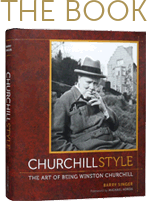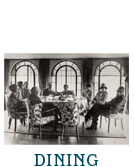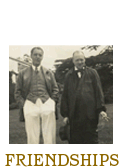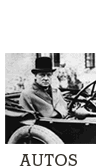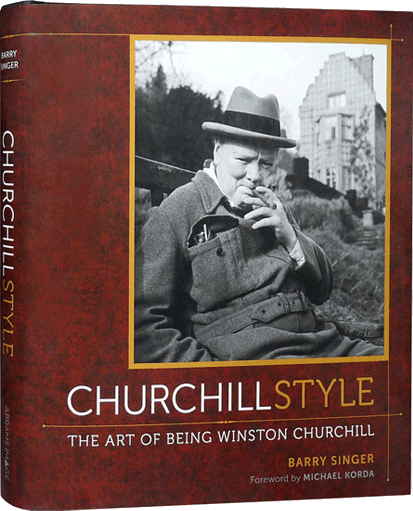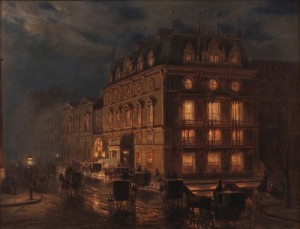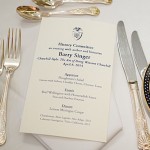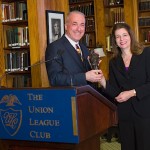CHURCHILL STYLE @ THE UNION LEAGUE CLUB of N.Y.
by Barry Singer
The Union League Club of New York resided for over a decade in the house – the mansion – in which Winston Churchill’s mother, Jennie, grew up. It is a marvelous footnote to a storied institution.
Established in 1863, at the height of the Civil War, with the avowed purpose to “strengthen a love and respect for the Union,” the Union League was conceived to oppose those among New York City’s monied governing elite who sought to preserve trade with the South by pushing the North out of the war. Abolitionist in spirit, the League recruited, trained and equipped an all-black infantry regiment for Union service – the 20th U.S. Colored Infantry – which, in March 1864, paraded from the Union League clubhouse down Canal Street and over to the Hudson River piers, there to embark for duty in Louisiana.
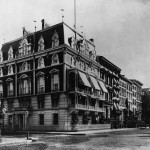 Jennie Jerome was the daughter of Leonard Jerome, a bucaneering New Yorker who made and lost several fortunes in the course of his life, owned the New York Times during the Civil War and, while he did, built a colossal six-story mansion on the corner of Madison Avenue and 26th Street that boasted a 600-seat theater, a breakfast room that could serve seventy people, and a white and gold ballroom with champagne and cologne fountains!
Jennie Jerome was the daughter of Leonard Jerome, a bucaneering New Yorker who made and lost several fortunes in the course of his life, owned the New York Times during the Civil War and, while he did, built a colossal six-story mansion on the corner of Madison Avenue and 26th Street that boasted a 600-seat theater, a breakfast room that could serve seventy people, and a white and gold ballroom with champagne and cologne fountains!
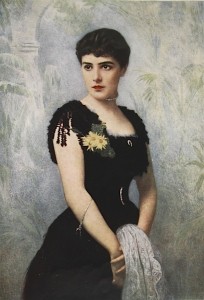 Jennie lived there from the age of 11, until she was 14, or so. At this point, she and her older sister, Clara, were taken by their mother to Paris in search of titled husbands. Left alone in a cavernous empty nest, Leonard Jerome soon leased his mansion on Madison Avenue to the Union League Club, which put $50,000-worth of renovations into the building and occupied it as a clubhouse from 1868 through 1881.
Jennie lived there from the age of 11, until she was 14, or so. At this point, she and her older sister, Clara, were taken by their mother to Paris in search of titled husbands. Left alone in a cavernous empty nest, Leonard Jerome soon leased his mansion on Madison Avenue to the Union League Club, which put $50,000-worth of renovations into the building and occupied it as a clubhouse from 1868 through 1881.
On April 8, a Tuesday evening, I spoke about Churchill Style at the Union League Club‘s formidable 1930s-vintage clubhouse (more or less the League’s fourth home, chronologically), addressing a members-only dinner in the fabulous double-tiered library.
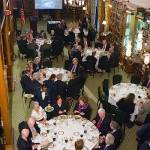 The Churchill-inspired menu included “Ploughman’s Salad” and “Beef Wellington.” The event was impeccably executed, overseen by organizer Helen Rella, who, to my surprise, presented me with a Union League Club bust of Abraham Lincoln at the close of the evening.
The Churchill-inspired menu included “Ploughman’s Salad” and “Beef Wellington.” The event was impeccably executed, overseen by organizer Helen Rella, who, to my surprise, presented me with a Union League Club bust of Abraham Lincoln at the close of the evening.
The penetrating after-questions from the assembled confirmed that the Union League has shifted decidedly to the right politically from its original Lincoln Republican antecedents. But then again, who hasn’t.
©
photos by David Cross
